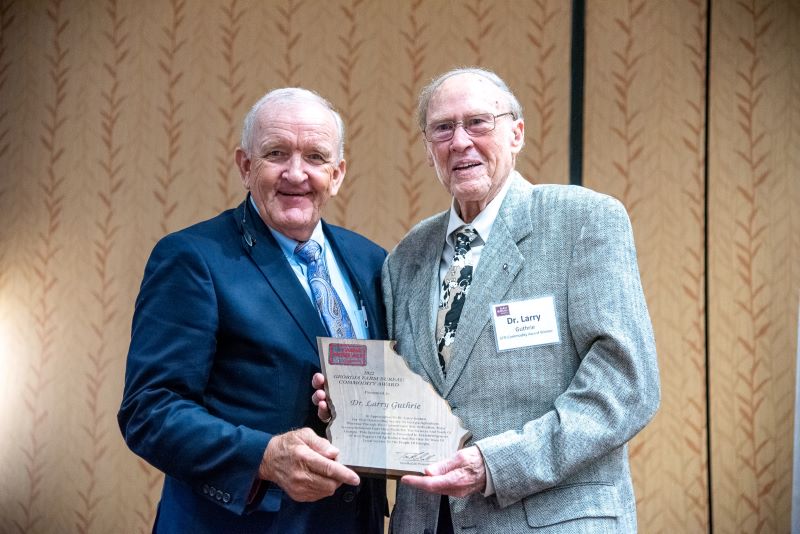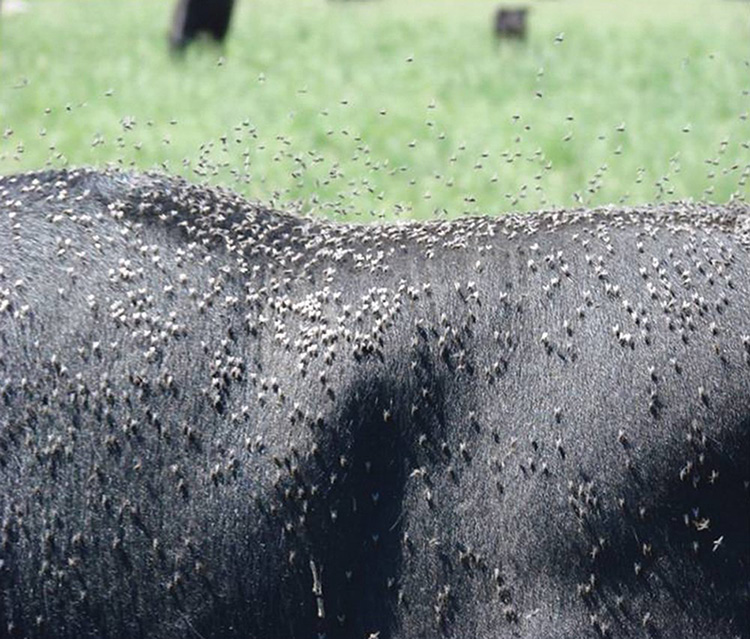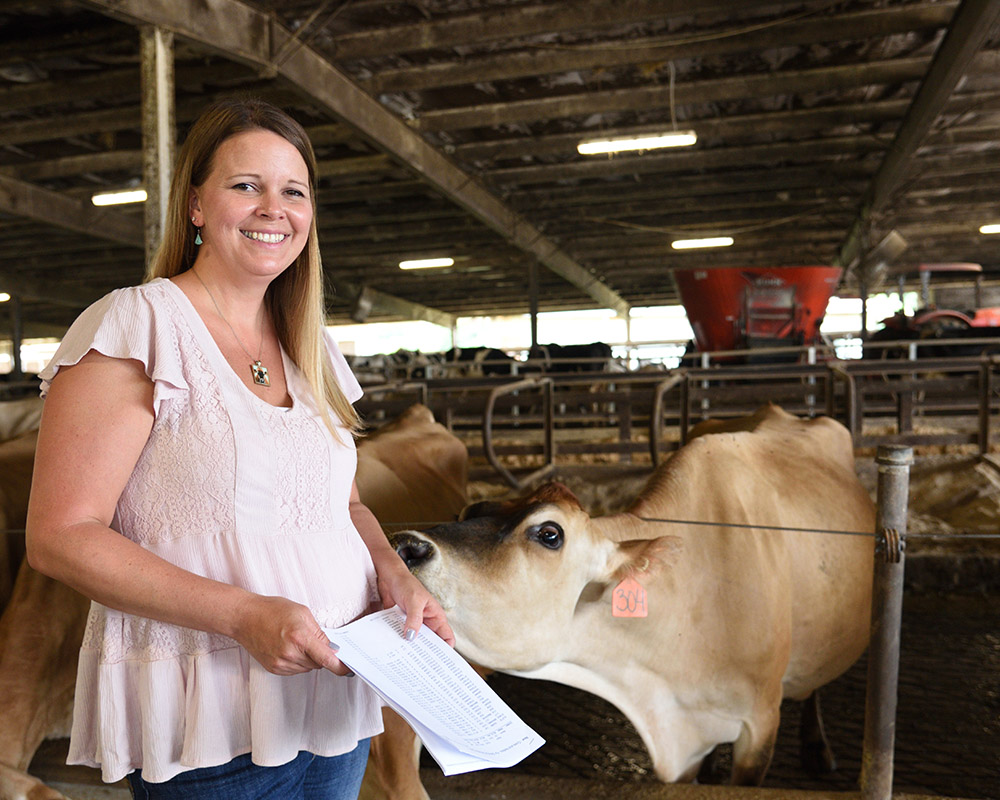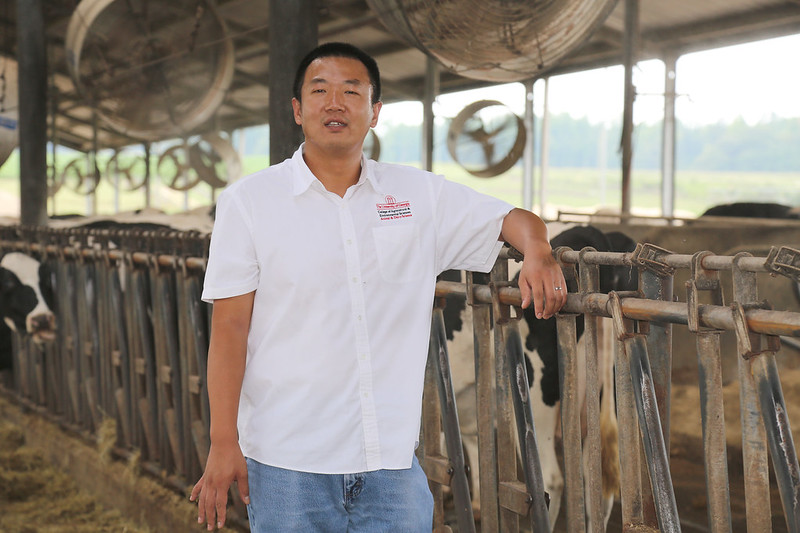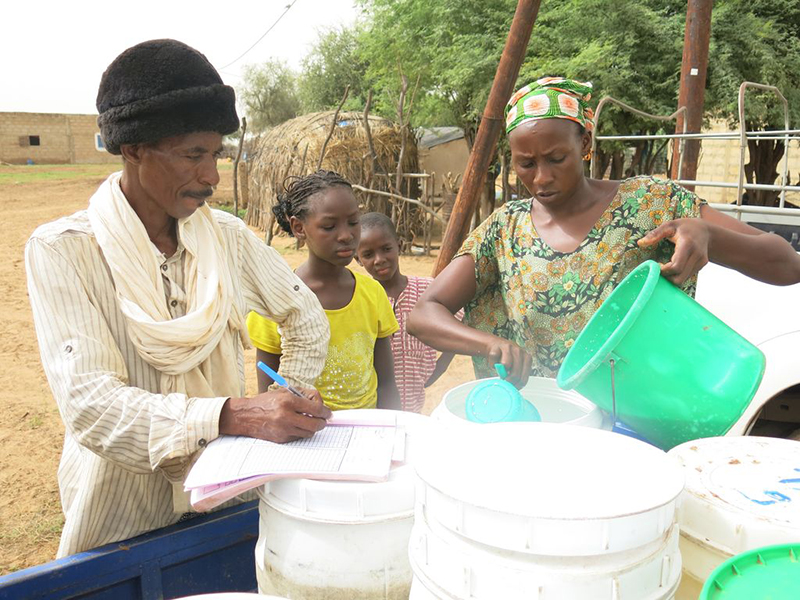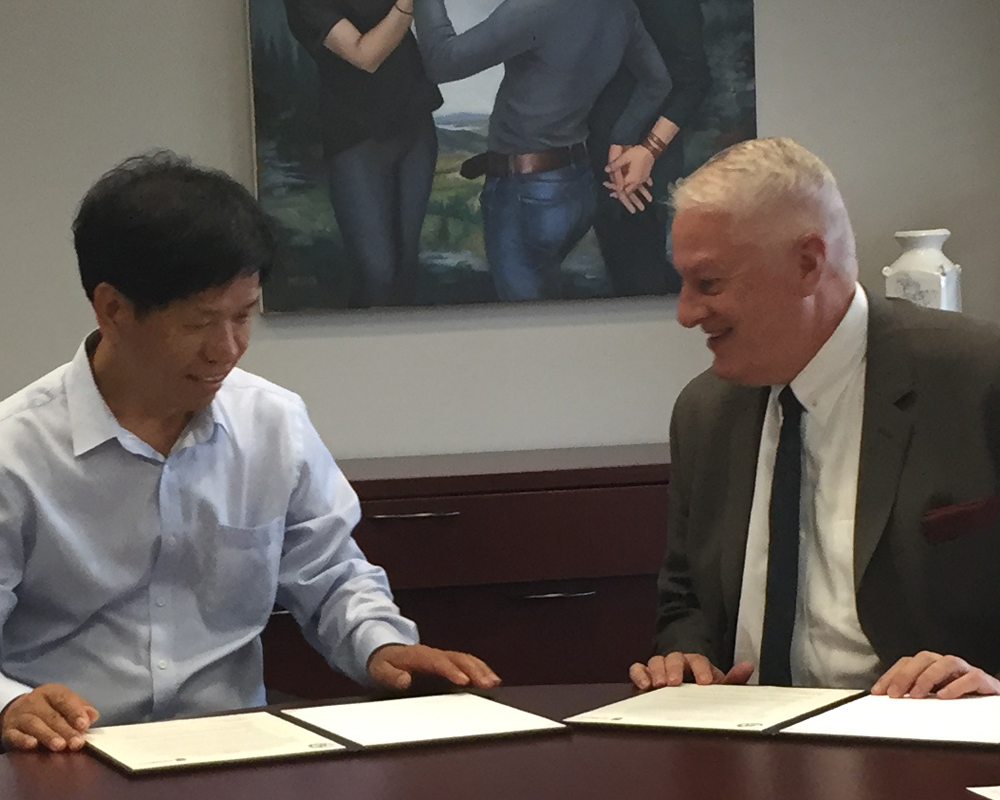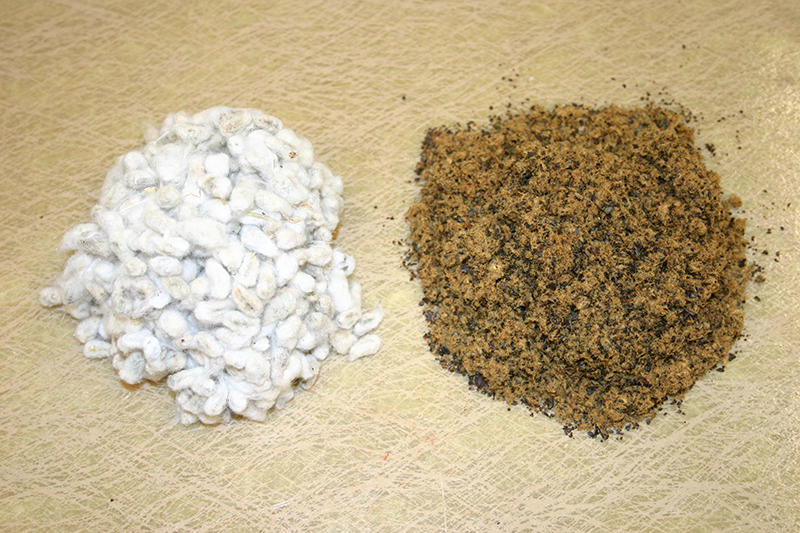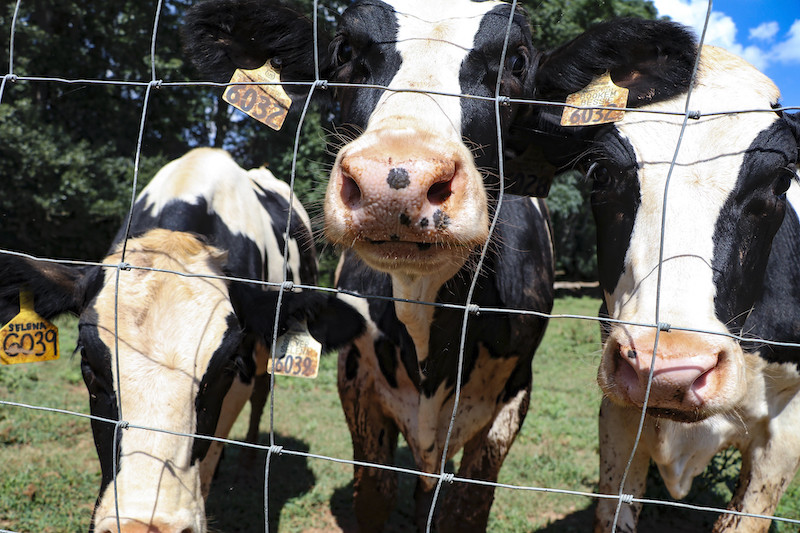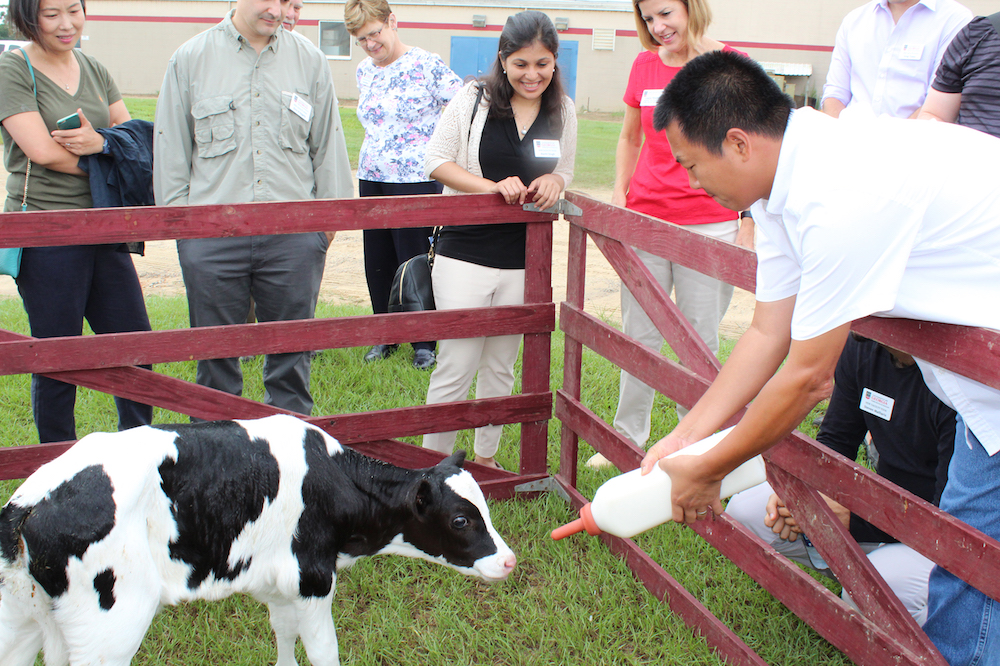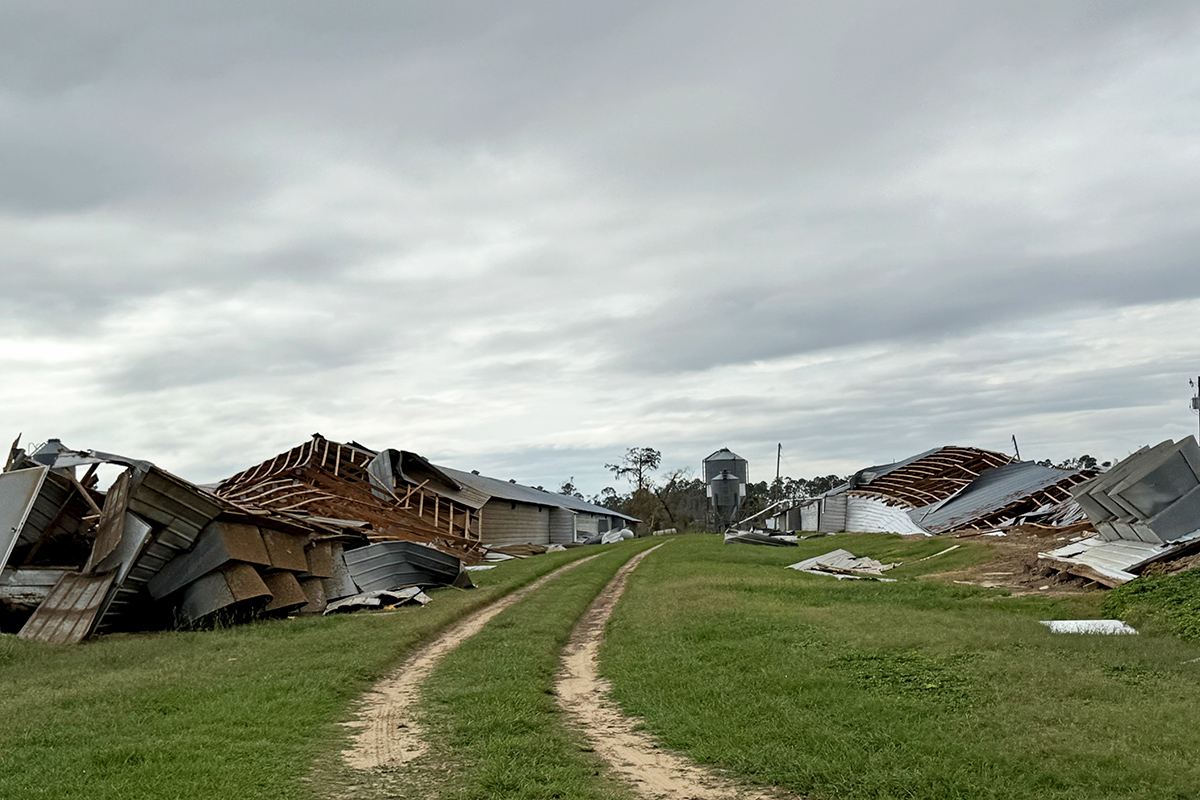 CAES News
CAES News
Helene Damage Assessment
Today, Georgia Agriculture Commissioner Tyler Harper, in coordination with Governor Brian P. Kemp, the University of Georgia College of Agricultural and Environmental Sciences, and the Georgia Forestry Commission, announced the preliminary estimate of Hurricane Helene’s economic impact on Georgia agriculture is $6.46 billion. This figure represents the sum of direct crop losses, losses to businesses that support agriculture and forestry, losses to workers in those related industries, and estimated recovery and restoration costs that agricultural businesses will face.

